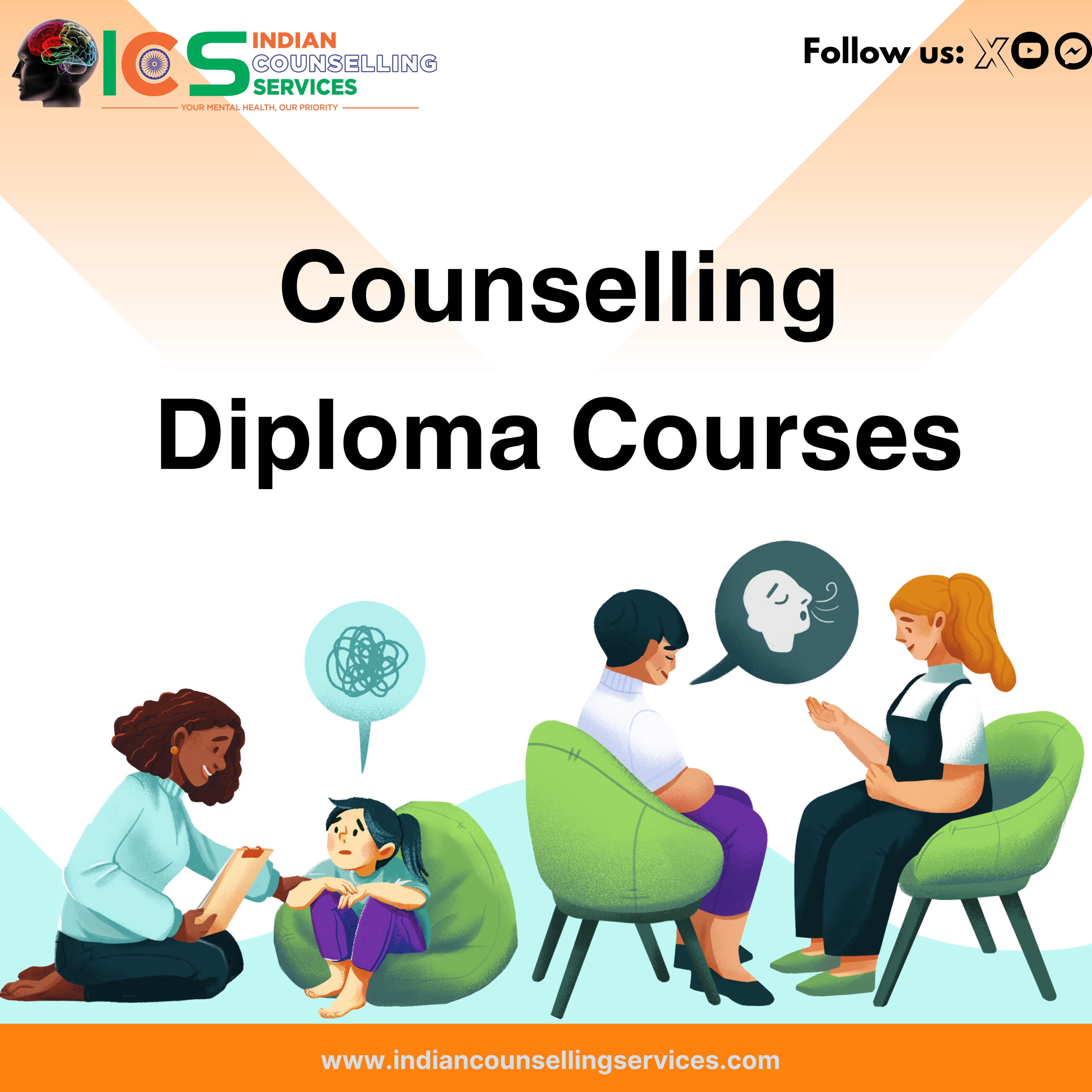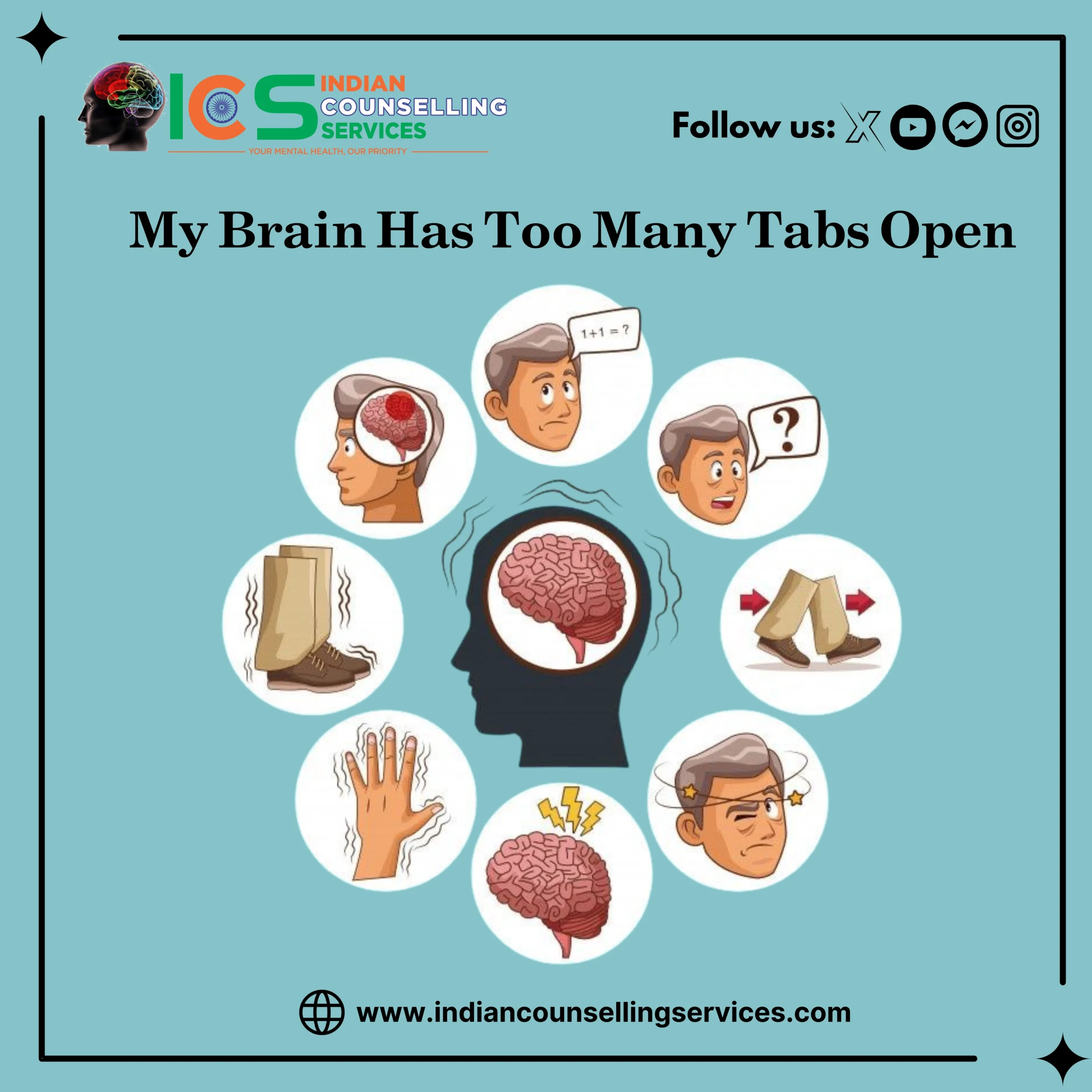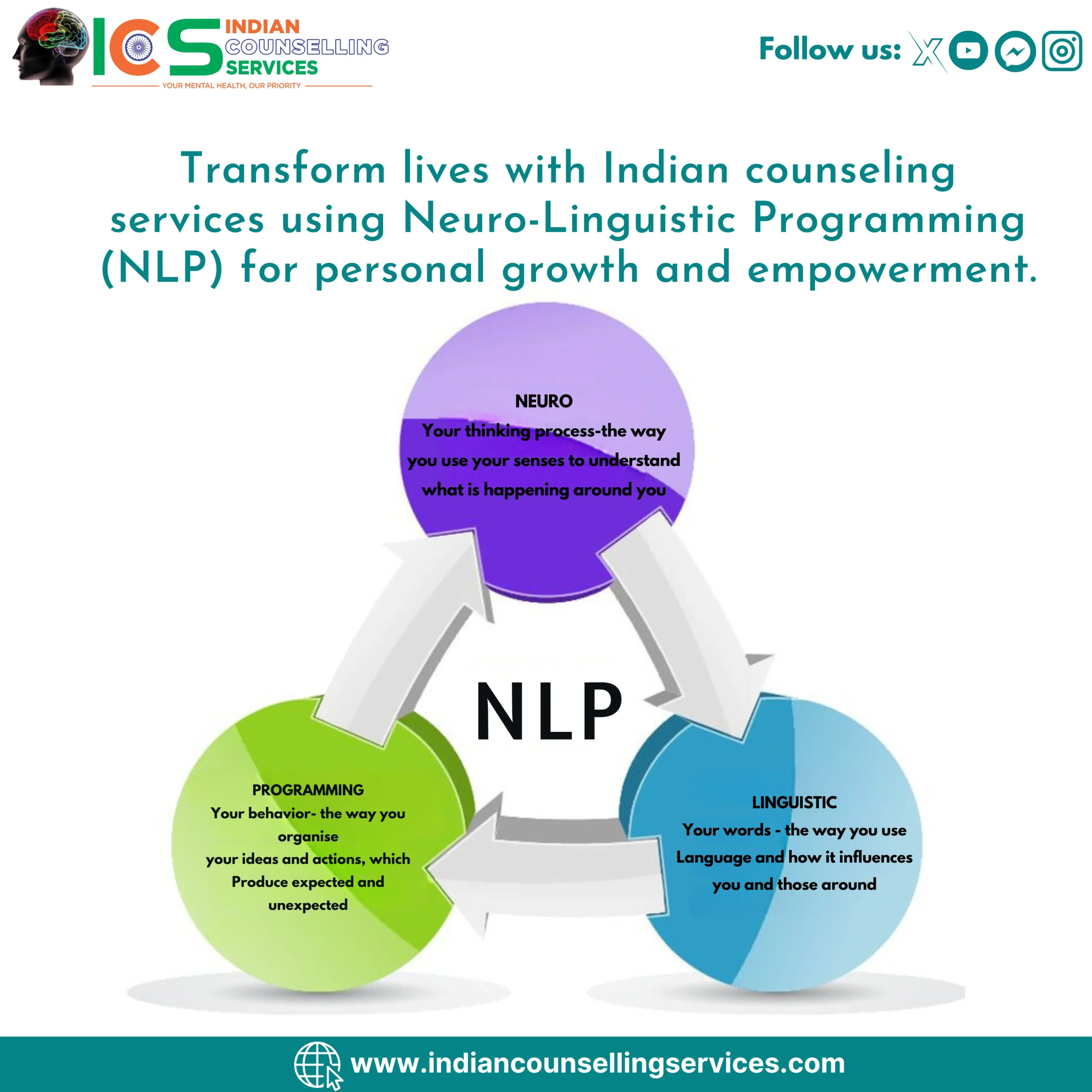
Counselling Diploma Courses: Your First Step Toward a Meaningful Career
In today’s rapidly changing world, mental health has become a central focus for many individuals, organizations, and communities. More people are recognizing the importance of seeking professional help to cope with stress, anxiety, and other mental health challenges. As a result, the demand for skilled counsellors is on the rise. If you’re passionate about helping others and considering a career that has a direct impact on people’s lives, a Counselling Diploma Course could be the perfect starting point.
explores the key aspects of pursuing a counselling diploma, the benefits of this educational path, the skills you’ll gain, and the variety of career opportunities that await you in the field of counselling.
Why Choose a Career in Counselling?
A career in counselling is unlike many others. It allows you to make a profound difference in the lives of individuals who are facing emotional, psychological, or personal challenges. Counsellors provide a safe, non-judgmental space for people to express themselves and work through issues that may be affecting their well-being. Whether it’s helping clients manage anxiety, overcome grief, or navigate relationship problems, the role of a counsellor is one of support, empathy, and guidance.
In recent years, mental health has become a topic of growing importance. This has led to an increasing demand for qualified counsellors across different sectors, including education, healthcare, corporate environments, and private practice. As a counsellor, you have the flexibility to choose where you work and who you work with, offering a career that can be both diverse and personally rewarding.

A Counselling Diploma Course is an educational program designed to provide the foundational knowledge and practical skills needed to become a professional counsellor. These courses are typically shorter and more focused than degree programs, making them a quicker pathway into the profession. While degree programs may take several years to complete, a diploma course usually lasts between one to two years, depending on the institution and whether you choose to study full-time or part-time.
The curriculum of a counselling diploma course covers a broad range of topics, including counselling theories, techniques, ethics, and practical applications. Students also gain hands-on experience through supervised clinical practice, which allows them to apply what they’ve learned in real-world settings.
Key Components of a Counselling Diploma Course
- Understanding Theoretical Frameworks: Counselling is grounded in various psychological theories and models, each offering a unique approach to understanding human behavior. In a diploma course, you will study key theories such as person-centered therapy, cognitive-behavioral therapy (CBT), psychodynamic approaches, and integrative counselling. Understanding these frameworks is essential for developing a versatile counselling practice that can adapt to different clients’ needs.
- Developing Practical Skills: Effective counselling relies not just on theoretical knowledge, but also on practical skills. During the course, you will learn essential counselling techniques such as active listening, empathy, rapport building, and non-verbal communication. You’ll also gain experience in conducting assessments, identifying client goals, and applying therapeutic interventions. Role-playing exercises, case studies, and supervised placements are often used to refine these skills.
- Learning Ethical and Professional Standards: Counselling involves working with vulnerable individuals, so maintaining high ethical standards is crucial. In a diploma course, you’ll learn about professional guidelines related to confidentiality, informed consent, client autonomy, and boundary management. This training ensures that you are prepared to handle sensitive situations responsibly and professionally.
- Personal Reflection and Growth: Self-awareness is a key component of being an effective counsellor. Throughout the course, you’ll be encouraged to engage in personal reflection, exploring your own beliefs, biases, and emotional responses. This process helps build emotional intelligence and ensures that you approach clients with empathy and without judgment.
- Supervised Clinical Practice: One of the most valuable components of a counselling diploma course is the opportunity to practice under supervision. Supervised placements allow you to apply your knowledge in real-world settings, receive constructive feedback, and gain the confidence needed to work independently. These experiences also provide a taste of what it’s like to work with different client populations, from individuals facing anxiety to those dealing with relationship issues or trauma.
Benefits of Pursuing a Counselling Diploma
- A Quicker Pathway to a Career: Unlike degree programs, which can take several years, diploma courses offer a quicker route to becoming a qualified counsellor. Many diploma programs can be completed within 12 to 24 months, making them ideal for individuals who want to start their counselling careers sooner rather than later.
- Flexible Learning Options: Many institutions offer flexible learning formats, including online, part-time, and evening classes, which allow students to balance their studies with other personal or professional commitments. This flexibility is particularly valuable for individuals who are already working in related fields, such as social work, healthcare, or education, and want to expand their skills without putting their careers on hold.
- Affordability: Counselling diploma courses tend to be more affordable than full-degree programs, making them accessible to a wider range of individuals. This cost-effective route allows you to gain the skills you need to enter the workforce without accumulating substantial student debt.
- Comprehensive Training: Despite the shorter duration, counselling diploma programs provide thorough and well-rounded training. You will graduate with a deep understanding of counselling theories, hands-on experience through clinical practice, and a clear grasp of ethical standards. These components ensure that you’re prepared to meet the challenges of working with a wide variety of clients in diverse settings.
Career Opportunities After Completing a Counselling Diploma
Completing a counselling diploma opens the door to a wide range of career opportunities. Whether you’re drawn to private practice or prefer to work within organizations, there are many potential paths to explore:
- Private Practice: As a private practitioner, you have the flexibility to work with clients on your own terms. You can choose your areas of specialization, such as relationship counselling, trauma recovery, or stress management, and set your own schedule. Building a private practice also offers the potential for long-term growth as you establish a reputation in your community.
- Education Sector: Schools, colleges, and universities often employ counsellors to support the mental and emotional well-being of students. As a school counsellor, you may work with students to address academic stress, social challenges, and emotional concerns, helping them build resilience and coping skills.
- Healthcare Settings: Many healthcare facilities, including hospitals, rehabilitation centers, and mental health clinics, require trained counsellors to provide emotional support to patients. In these settings, you may work alongside doctors and other healthcare professionals to offer holistic care for individuals facing illness, injury, addiction, or mental health issues.
- Corporate Counselling: With the increasing focus on employee well-being, many companies now hire counsellors to provide support for their staff. Corporate counsellors help employees manage work-related stress, improve mental health, and balance personal and professional challenges.
- Non-Profit Organizations: Non-profit organizations, charities, and community centers often need counsellors to work with specific populations, such as victims of abuse, refugees, or individuals experiencing homelessness. This career path allows you to make a direct impact in supporting vulnerable and underserved communities.
While a counselling diploma provides the foundation for a rewarding career, many professionals choose to continue their education or specialize in specific areas. Options for further study include higher-level diplomas, certifications, or even pursuing a master’s degree in counselling or psychology.
Continuing professional development is also important in the counselling field. By attending workshops, conferences, and training sessions, you can stay updated on the latest counselling practices and ethical standards, ensuring that your skills remain sharp and relevant.
Pursuing a Counselling Diploma Course is a valuable investment in your future. It offers a fast, flexible, and affordable pathway to becoming a skilled counsellor, allowing you to make a meaningful impact on people’s lives. Whether you’re passionate about mental health, personal growth, or social justice, counselling provides a fulfilling career that combines compassion with expertise.
With a wide range of career opportunities and the chance to continuously learn and grow, a diploma in counselling is your first step toward making a positive difference—one conversation at a time. So, if you’re ready to embark on a rewarding journey, start exploring your options today and take that crucial first step toward a career that truly matters.




1 Comment
Master the Art of Happiness: 10 Brain-Boosting Habits You Can Start Today - indiancounsellingservices.in
October 21, 2024[…] Happiness is often seen as a fleeting feeling or a goal just out of reach,but the truth is that it’s something we can actively cultivate. Scientific research shows that the brain can be reshaped through habits that foster joy and contentment. By incorporating certain practices into your daily routine, you can build a more positive mindset, overcome stress, and experience greater well-being. Ready to start feeling happier? Here are 10 brain-boosting habits you can begin today. […]